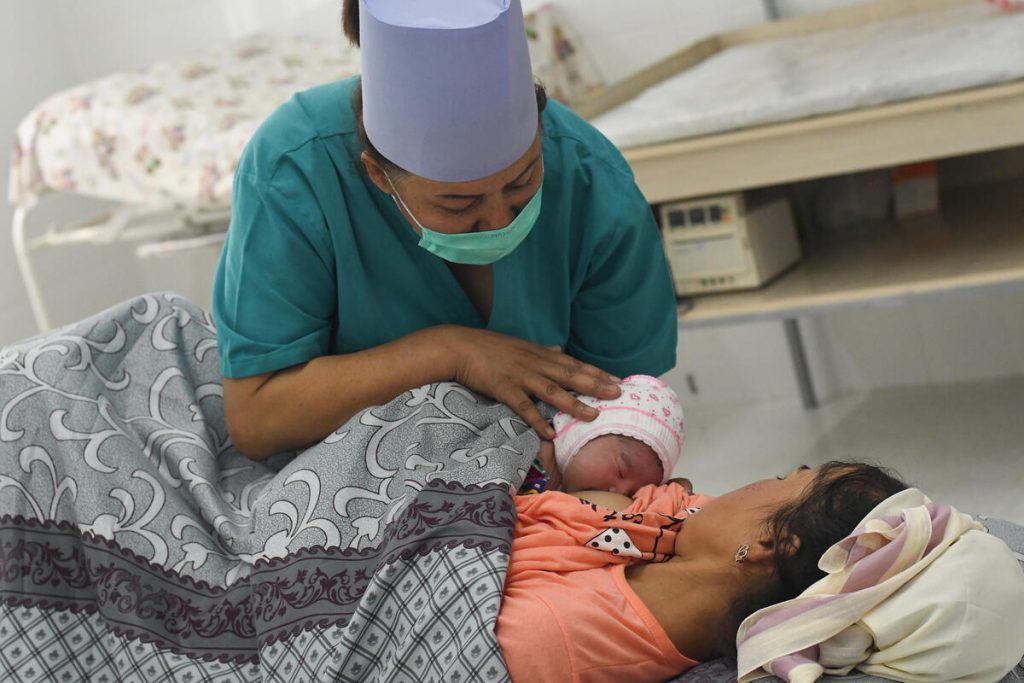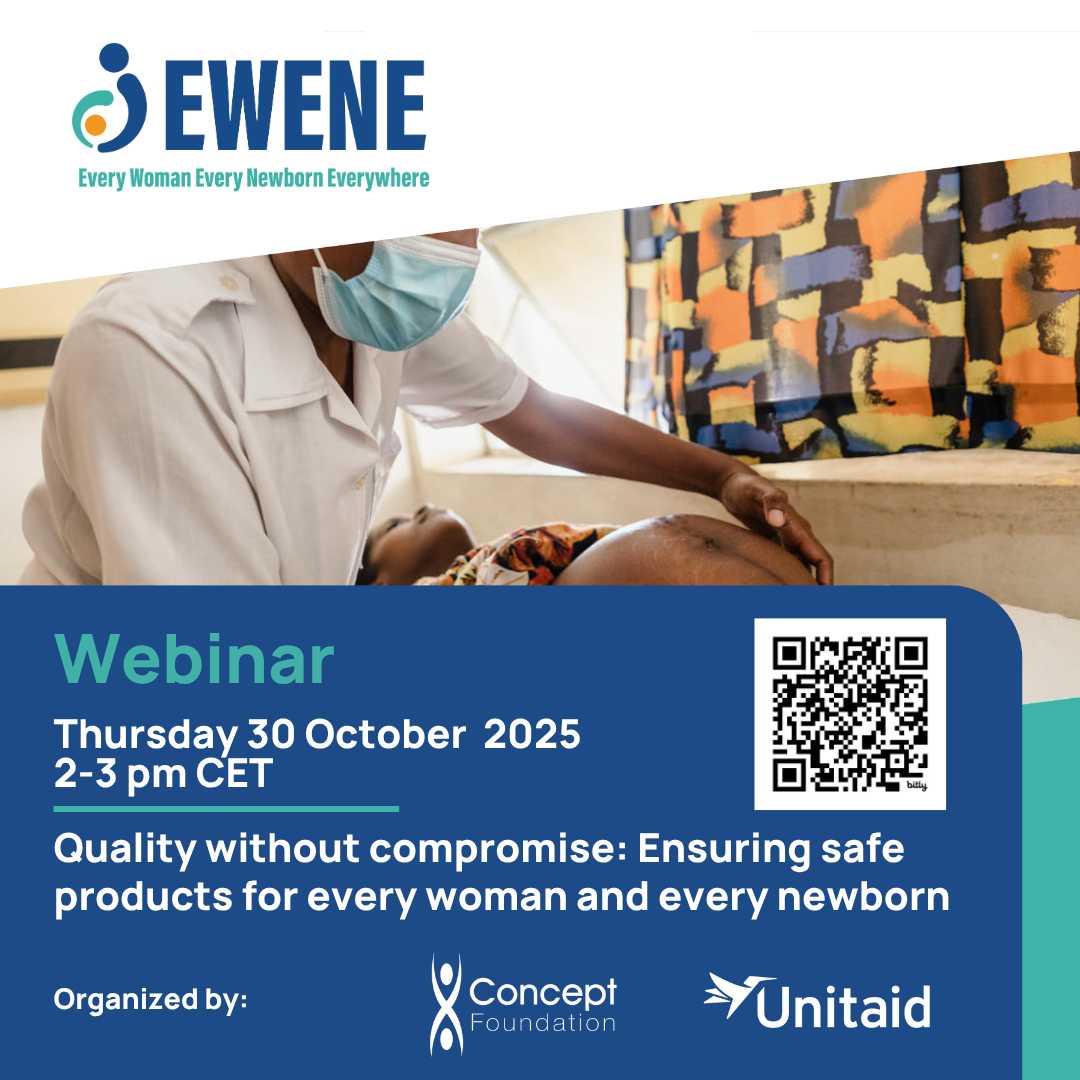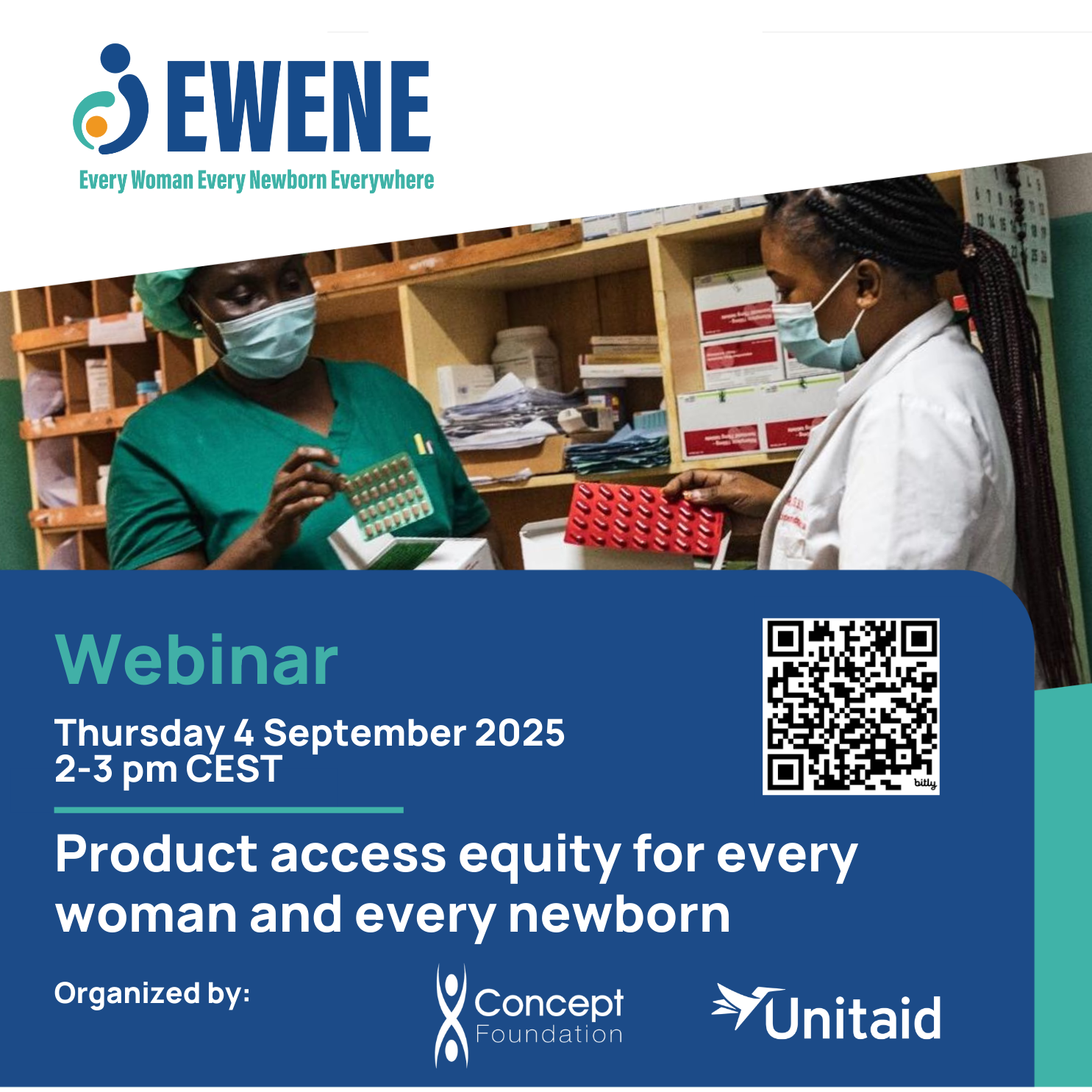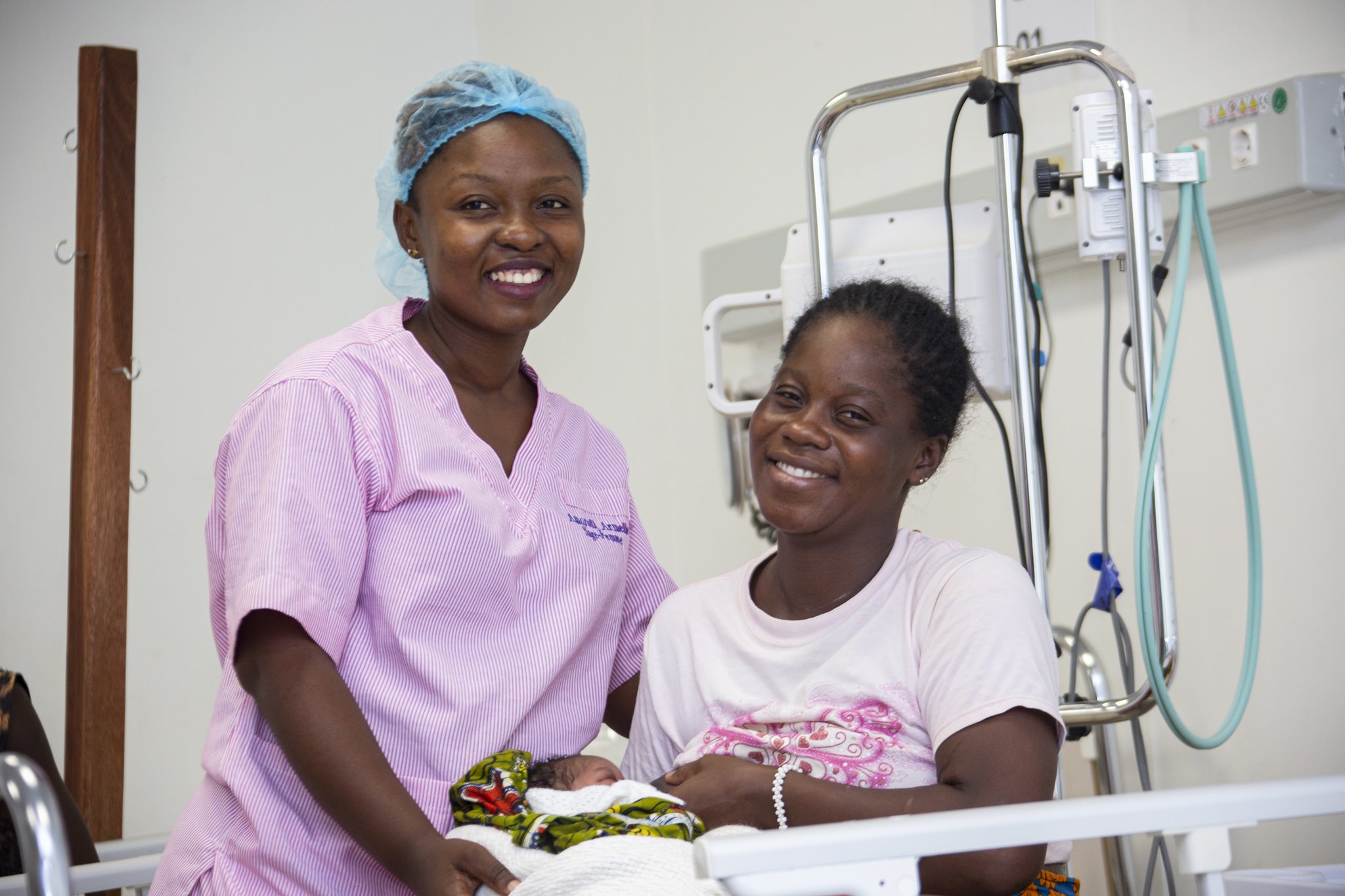New consolidated guidelines for the prevention, diagnosis and treatment of postpartum haemorrhage (PPH) – excessive bleeding after childbirth – highlight the urgent need for earlier detection and faster intervention.
PPH causes nearly 45 000 deaths every year, making it one of the leading causes of maternal mortality globally. PPH survivors can also suffer lifelong physical and mental health impacts.
Published by the World Health Organization (WHO), the International Federation of Gynecology and Obstetrics (FIGO) and the International Confederation of Midwives (ICM), the guidelines focus on the care of women during pregnancy, childbirth and the immediate postpartum period in any health care setting. They introduce new objective diagnostic criteria for detecting PPH, based on the largest study on the topic to date.



